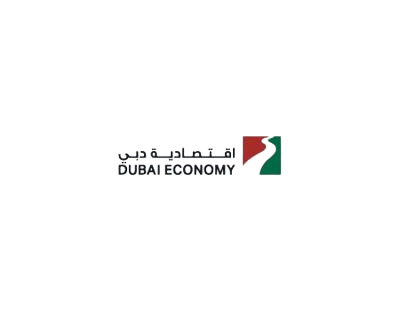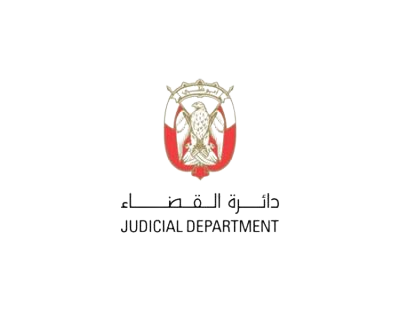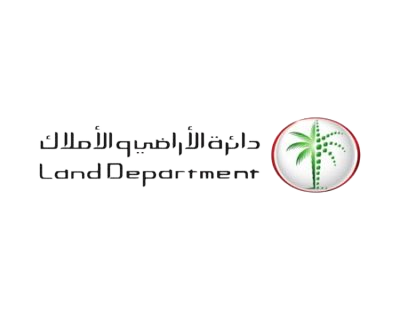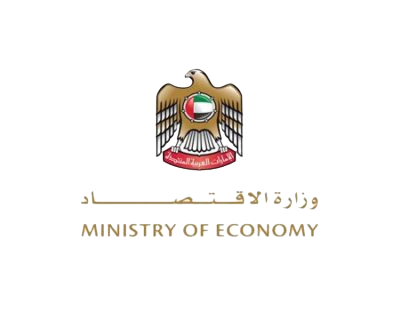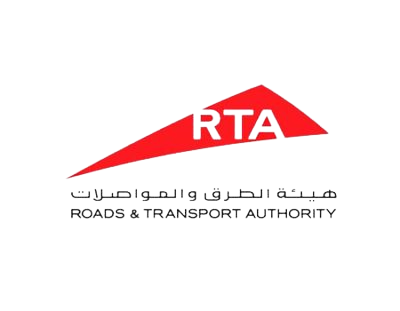
If you are presenting non-Arabic papers as part of an official application in the UAE, or if you want to utilize a UAE issued document overseas, a Legal Translation is required.
Legal translation needs in Dubai, UAE
Foreign-issued, non-Arabic papers requiring legal translation for usage in Dubai or throughout the UAE are required. A legal, certified translation is one in which the translator, who has been officially licensed by the UAE Ministry of Justice, translates and certifies the translation into Arabic by signing and stamping it.
Legal translations in the UAE are controlled by Cabinet Resolution 7 of 2014, which states that anybody wishing to provide translation services for the government must be registered and get a license from the appropriate authorities.
Documents issued in another country for usage in Dubai, UAE
Documents issued outside of the UAE must go through the following procedures in order to be accepted and utilized within the UAE:
- Apostille / Legalization: The document will need an Apostille (for nations that have signed The Hague Convention) or Attestation from the issuing government or authority. You may need to have it notarized by a Notary Public before obtaining an Apostille.
- UAE Embassy Attestation: To receive an embassy attestation, submit the document with its Apostille to the UAE Embassy in that country.
- MOFA Attestation: The document with the UAE embassy attestation can now be handed to the UAE Ministry of Foreign Affairs for attestation.
- Legal Translation: For certified non-Arabic papers, a legal translation into Arabic by a Ministry of Justice accredited translator is required.
- MOJ Certification: In order to confirm the legal translation, the translator’s signature will be attested by the Ministry of Justice.
Documents issued in Dubai, UAE for usage in other countries.
- Courts in the UAE
- Free Trade Zones
- Department of Land in Dubai
- Roads and Transportation Authority (RTA)
- Ministry of Foreign Affairs
- DMCC
- as well as all Emirati government offices












